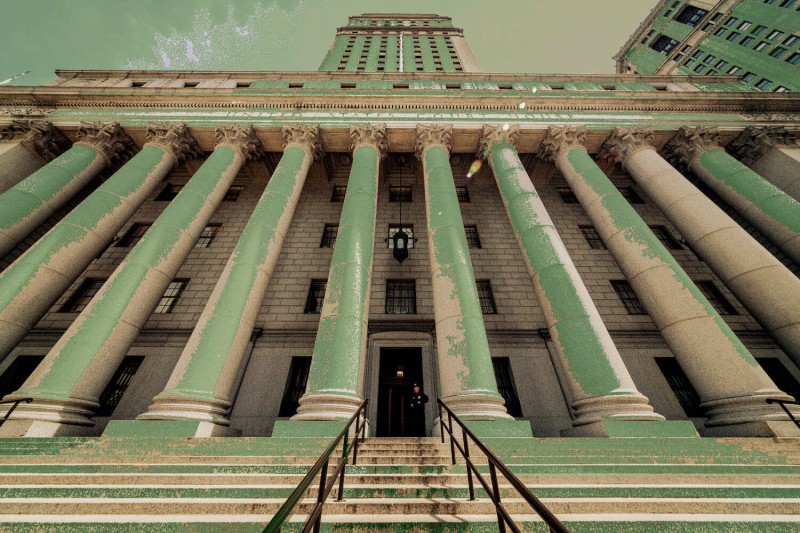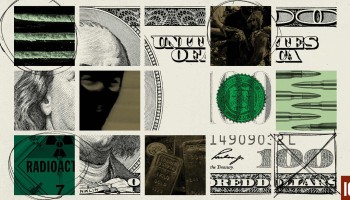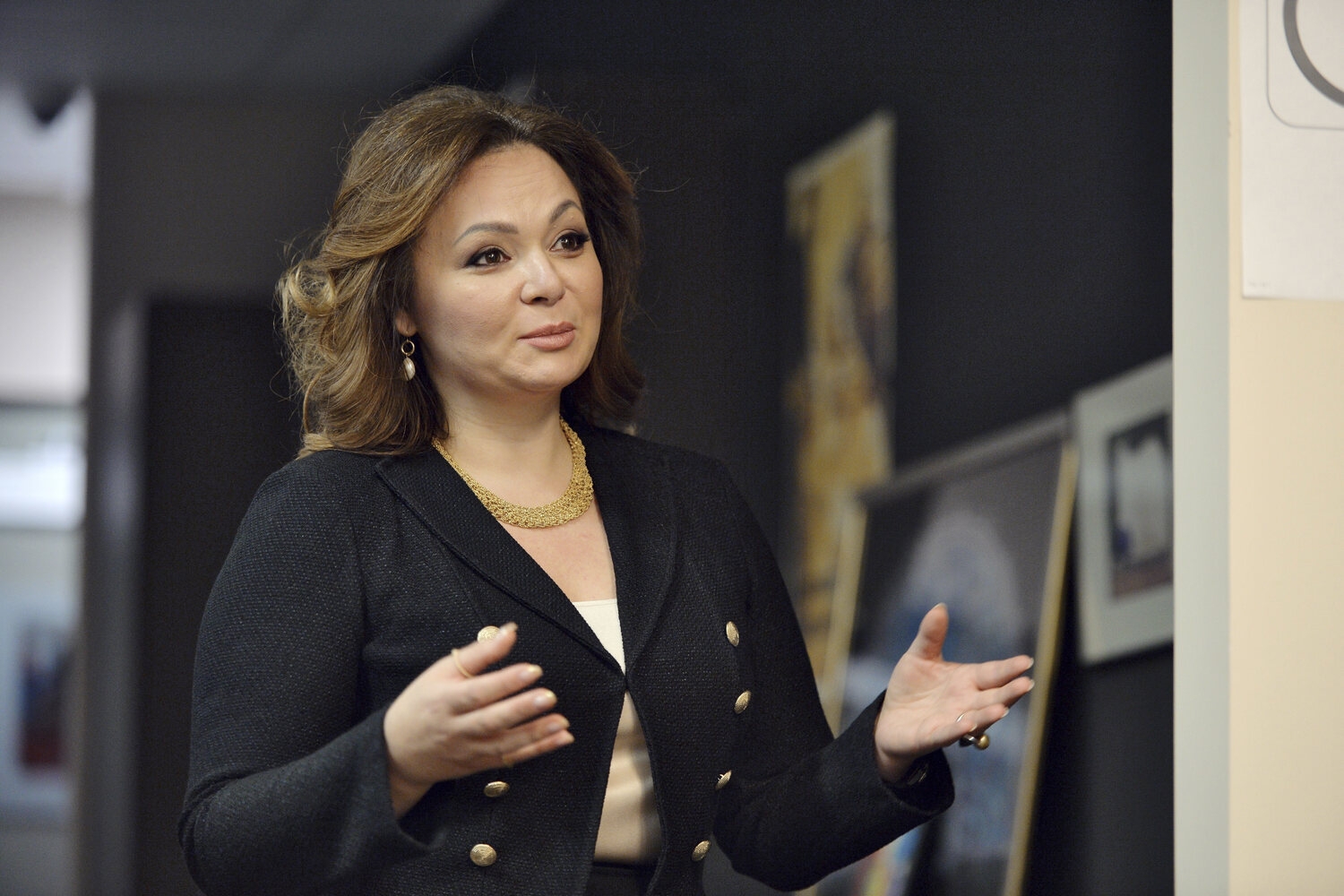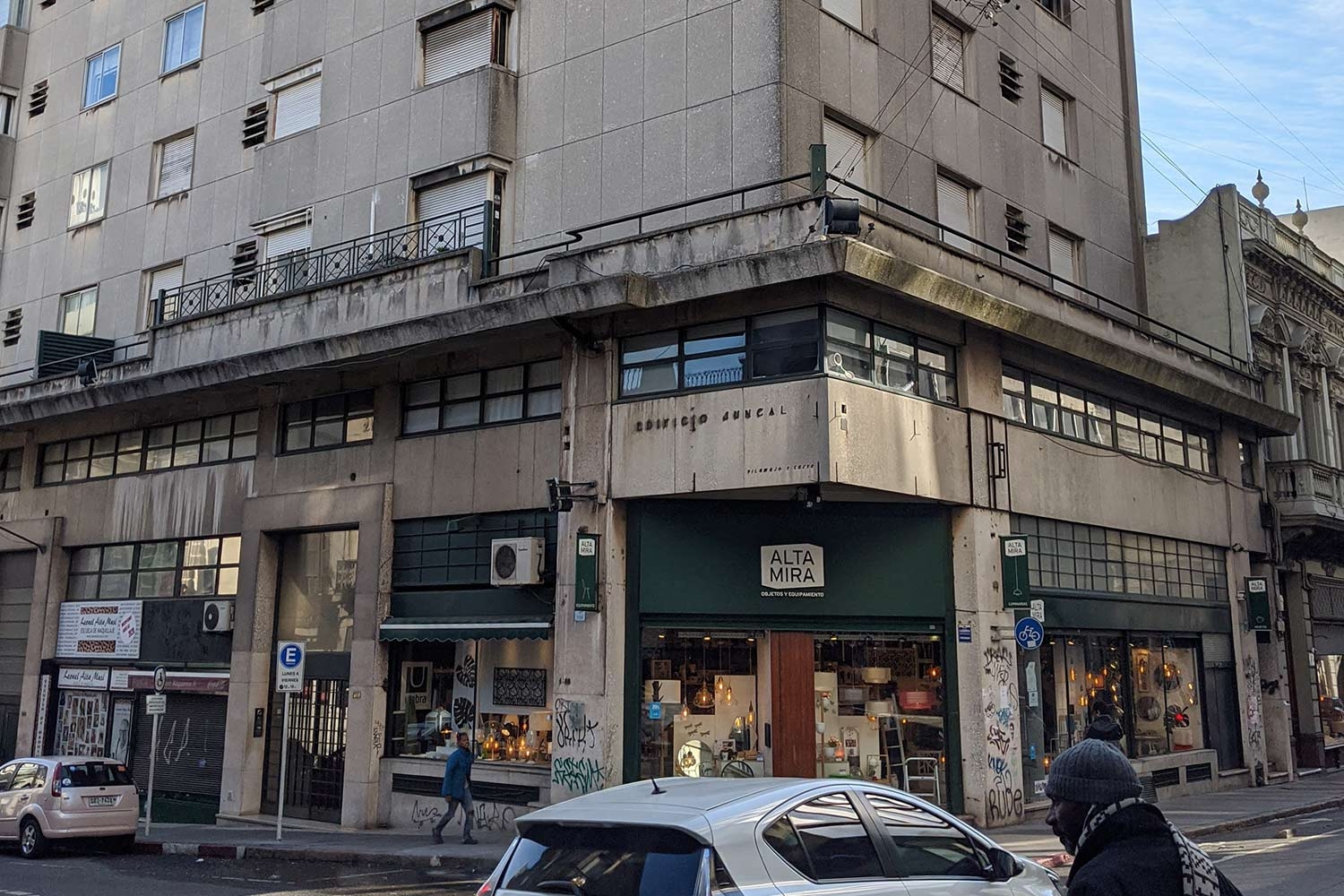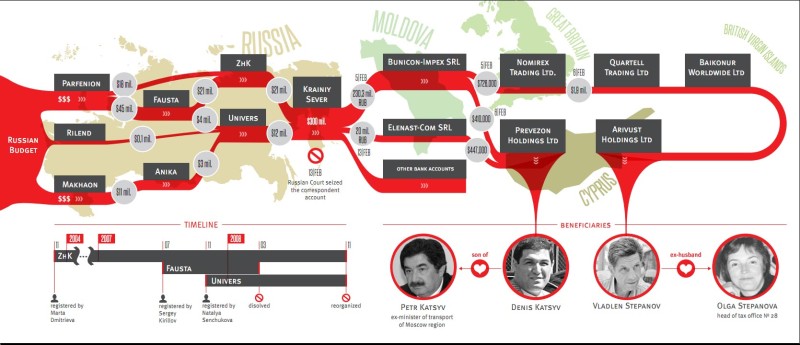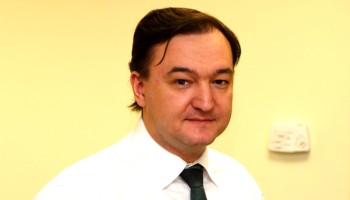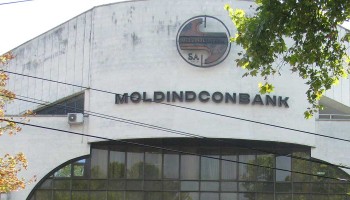Prevezon Holdings Ltd is a small international real estate investment company that leaves an unusually large footprint in stories about global crime and politics.
The Cypriot company, owned by Russian citizens, was a beneficiary in Russia’s biggest public fraud ever, involving the whistleblower Sergey Magnitsky, whose death in prison led to sweeping new anti-corruption laws in the United States.
The company agreed to pay nearly US$6 million to get out from under U.S. money laundering charges in 2017, only to see one of its attorneys accused of obstruction of justice and suspected of working for Russia to influence the 2016 U.S. presidential election.
Meanwhile, two high-profile U.S. Attorneys who sought to prosecute the company were sacked by President Donald Trump.
Now, bank documents obtained by OCCRP and the International Consortium of Investigative Journalists as part of the FinCEN Files investigation indicate that Prevezon lies at the intersection of far more fraudulent activity than previously known.
About This Investigation
The FinCEN Files is a 16-month-long investigation by the International Consortium of Investigative Journalists, BuzzFeed News and more than 400 international journalists in 88 countries, including those from OCCRP and its network of member centers.
Prevezon’s lawyers argued before a U.S. district court in 2017 that payments the company received from a firm in the British Virgin Islands, Reaton Ltd., showed their client was getting money from a legitimate source, not from fraud exposed by Magnitsky.
However, the lawyers failed to mention that Reaton itself was a conduit for funds from other frauds. Reaton Ltd. appears in the FinCEN Files in a Suspicious Activity Report filed in May 2014 by the Bank of New York Mellon, which flagged it and other companies involved in 304 wire transfers totaling nearly $204 million “that may have been involved in laundering of funds, which may have been the proceeds of Russian government corruption and embezzlement as well as Romanian organized crime.”
Also mentioned in the SAR is Nomirex Trading Ltd., a company used in large-scale fraud by a Vietnamese organized crime group to siphon more than $400 million out of Romania between 2006 and 2010.
Although the bank correctly identified some transactions that involved Reaton, it is not clear that it ever properly investigated the company. For the SAR, the bank used the results from a summary search in LexisNexis, a news and legal document aggregator, which pointed to a different company with the same name, based in Latvia.
Obstruction of Justice
In 2012, OCCRP, Novaya Gazeta, and Barron’s identified Prevezon Holdings as a beneficiary of money originating from one of the biggest thefts of public funds in Russia: a $230 million tax fraud revealed by Magnitsky, a Moscow accountant.
Russian authorities turned the tables, accusing Magnitsky of the fraud he had exposed. He died in prison from suspected abuse and lack of medical treatment.
In the wake of the exposé, U.S. prosecutors initiated a civil case against Prevezon because some of the company's money was invested in Manhattan real estate, which authorities seized. The money laundering case was settled in 2017 after the company agreed to pay $5.9 million.
U.S. authorities later filed felony charges against one of Prevezon’s lawyers, Russian citizen Natalia Veselnitskaya, who was charged with obstruction of justice related to her work in the Prevezon money laundering case. This prosecution is ongoing in the U.S. District Court for the Southern District of New York.
Veselnitskaya became a global celebrity after it became known that she met in mid-2016 with presidential candidate Donald Trump’s son, Donald Trump, Jr., Trump campaign chair Paul Manafort, and Trump son-in-law and close aide Jared Kushner.
The Russian lawyer had requested the sit-down at Trump Tower, claiming she had dirt on Trump's presidential opponent, Hillary Clinton. Participants say she had nothing to offer, but the meeting came under scrutiny in the broader investigation of Russian attempts to interfere in the election.
Veselnitskaya, working for Prevezon months earlier, had tried hard to counter U.S. law enforcement's money laundering charges.
According to her December 2018 indictment on obstruction of justice charges, Veselnitskaya worked in secret with a senior Russian prosecutor close to Putin to draft what should have been independent Russian official investigative findings on the origin of Prevezon's money.
She used these documents to argue that Prevezon and shareholder Denis Katsyv, the son of a powerful Russian politician, were not involved in money laundering and had not received money from the fraud exposed by Magnitsky.
"Fabricating evidence — submitting false and deceptive declarations to a federal judge — in an attempt to affect the outcome of pending litigation not only undermines the integrity of the judicial process, but it threatens the ability of our courts and our Government to ensure that justice is done," Geoffrey S. Berman, former acting U.S. Attorney for the Southern District of New York, said in regard to the charges against Veselnitskaya in a January 2019 statement.
Berman was fired by Trump in June. He is the second high-profile prosecutor dealing with the Prevezon case to be removed by the Trump administration, following the 2017 firing of Preet Bharara, the U.S. Attorney who filed the money laundering case against Prevezon.
Prevezon, Veselnitskaya, and Katsyv were featured in Special Counsel Robert Muller’s "Report On The Investigation Into Russian Interference In The 2016 Presidential Election.” The report detailed Veselnitskaya's efforts to thwart the Magnitsky Act, a law named after the late whistleblower that authorizes the U.S. government to sanction human rights offenders by freezing their assets and banning them from obtaining U.S. visas.
The Intersection of Frauds
New evidence obtained by OCCRP shows that a few days after cashing in from the tax fraud scheme exposed by Magnitsky, Prevezon's Swiss bank account received money from Reaton Ltd., a company linked to other high-level heists in Russia.
According to banking records from OCCRP’s Troika Laundromat data, Prevezon received more than $1 million from Reaton in eight installments between February 28 and March 20, 2008, all described as payments for “auto spare parts” that Prevezon, at least on paper, was selling to Reaton.
But Reaton, the Troika Laundromat records show, had a history of unusual dealings. Over the years, the British Virgin Islands firm shuffled more than hundreds of millions of dollars through its account at now-defunct Lithuanian bank Ukio alone. Most of the money went to unknown recipients. Some of it stemmed from fraud.
Reaton Ltd.: A History of Dubious Dealings
Over the years, Reaton Ltd. served as a conduit for hundreds of millions of dollars sent to various destinations. Although it was not part of what OCCRP has dubbed the Troika Laundromat — a network of companies set up by investment bank Troika Dialog that sent billions of rubles offshore — it did send millions of dollars to one of the Laundromat’s core firms, Industrial Trade Corp. Its name also pops up in a number of fraud cases.
Neither Veselnitskaya nor Katsyv responded to requests for comment on transfers from Reaton to Prevezon.
Receiving money from Reaton wasn’t Prevezon’s only activity in February 2008. Only days before receiving its first installment from Reaton, Prevezon took in money from the Magnitsky case, marked in bank records as payments for “sunitary [sic] equipment.” It was sent by Bunicon-Impex SRL, a Moldovan company that received money from the fraud and ended up being central to the initial U.S. prosecution of Prevezon.
Prevezon owner Katsyv told OCCRP in 2012 that he only became a shareholder in April 2009 and had nothing to do with any Moldovan money.
However, records from the Cyprus commercial registry show he already owned shares in June 2008, a few months after the transfers. Timofei Krit, Prevezon’s sole shareholder at the time of the transfers, was Katsyv’s business partner and the director of Prevezon.
Asked by OCCRP in 2013 for comment on the Bunicon transfers, Prevezon representatives contradicted the explanation of the transaction listed in the bank documents, saying, “Prevezon has at no time had any direct commercial relations with Bunicon.”
The company offered an alternate explanation, claiming that the money had been sent to Prevezon by an investor who, in turn, was owed money by a third party named “Mr. Kim” who planned to pay him through Bunicon.
OCCRP was unable to confirm the explanation or establish the existence of a “Mr. Kim.”
Daniela Castro (OCCRP) contributed reporting.
